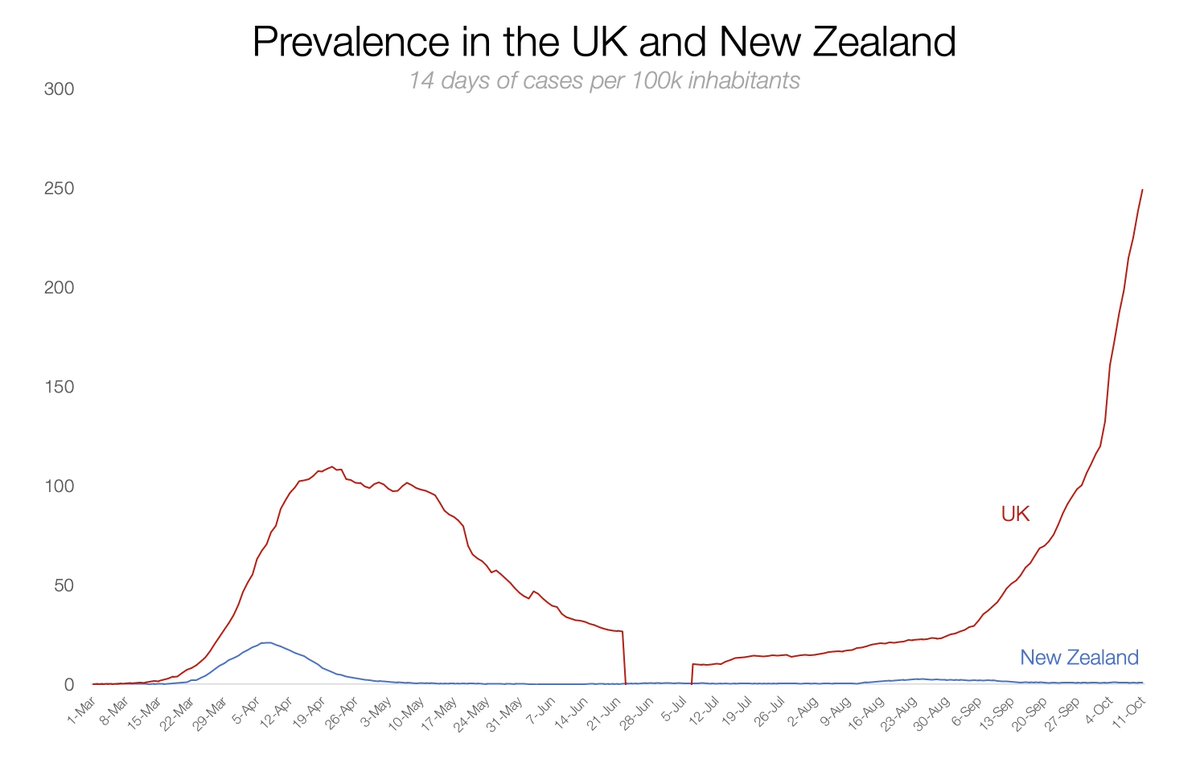
"@SpaceX will not recognise international law on Mars, according to the Terms of Service of its Starlink internet project."
As usual, the media is ten steps behind @elonmusk
Here's why these ToS make sense:
[1/
independent.co.uk/life-style/gad…
As usual, the media is ten steps behind @elonmusk
Here's why these ToS make sense:
[1/
independent.co.uk/life-style/gad…
The media thinks this is a crazy multibillionaire wanting to free himself from the reigns of governments to do as he pleases.
In fact, he is probably trying to pre-empt war and make politics better.
[2/
In fact, he is probably trying to pre-empt war and make politics better.
[2/
The logic is exactly the same one as that of the USA's independence.
With a full ocean between the US and the UK, they grew apart. During war, information and troops took too long to travel, and supplies lines were too long.
One day or another, they would have broken apart
[3/
With a full ocean between the US and the UK, they grew apart. During war, information and troops took too long to travel, and supplies lines were too long.
One day or another, they would have broken apart
[3/
Earth countries will obviously try to control Mars. They'll send their armies and ppl to settle and claim areas. The 1st outposts will likely be colonies.
[4/
[4/
But Mars and Earth are between 50 and 250 million miles away. The seasons are different. Gravity is different. Day length is different. The atmosphere is different...
How quickly do you think their cultures will diverge?
[5/
How quickly do you think their cultures will diverge?
[5/
It takes light between 3 and 22min to travel from Earth to Mars, depending on how far they are. That means conversations are impossible.
[6/
[6/
Also, they're close to each other only once every ~2 years. When they are closest, it still takes ~6 months to go from one to the other.
[7/
(image via modulouniverse.com/2018/07/31/mar… )
[7/
(image via modulouniverse.com/2018/07/31/mar… )
So Martians and Earthlings will diverge. At some point, Martian outposts will want independence.
They will time it for when the window closes, giving them 2 years to prepare.
[8/
They will time it for when the window closes, giving them 2 years to prepare.
[8/
If Earth countries want to fight back, they will need to spend trillions of dollars to send armies that are big enough to fight back tens of millions of miles away in a gravity, atmosphere, and field they don't know, against forces that prepared for 2 years. Who will win?
[9/
[9/

There's been plenty of books speculating about this, and all reach the same conclusion for the same reasons — eg, Mars Trilogy
[10/
en.wikipedia.org/wiki/Mars_tril…
[10/
en.wikipedia.org/wiki/Mars_tril…

By placing these ToS, all the governments and companies that want to use Starlink must make a public pledge to give up their Martian ambitions. Since it's so far away, and really they don't care to commit to a promise they don't intend to respect, most will likely do it.
[11/
[11/
But now the public talks about this. The expectation changes with the conversation — with tweets like this one.
That's what @elonmusk wants: a public conversation on how Terrestrial countries should not rule Mars. That becomes a self-fulfilling prophecy.
[12/
That's what @elonmusk wants: a public conversation on how Terrestrial countries should not rule Mars. That becomes a self-fulfilling prophecy.
[12/
At the same time, it opens up the conversation on how things should be ruled in Mars, without the baggage of outdated Terrestrial political systems.
If you were to start it from scratch, what would be an ideal political system?
Now you can dream again.
[13/
If you were to start it from scratch, what would be an ideal political system?
Now you can dream again.
[13/
• • •
Missing some Tweet in this thread? You can try to
force a refresh










